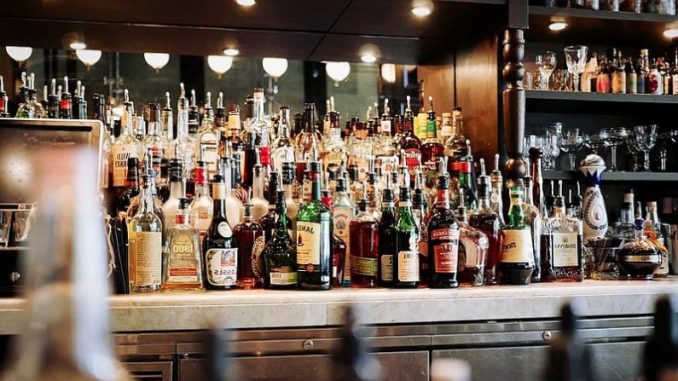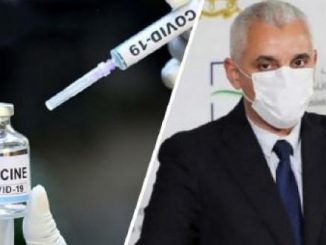
Monitoring operations conducted on September 8 and 9 revealed a series of organizational and regulatory violations in several classified restaurants and warehouses dedicated to the storage of alcoholic beverages in Marrakech.
The operations, which were undertaken by a joint security commission made up of representatives of the central services of national security and the Marrakech police prefecture, also led to the seizure of large quantities of smuggled and expired alcoholic beverages, as well as others that had been the subject of tax and customs evasion.
These security operations resulted in the seizure of 34 expired bottles and others of smuggled “champagne”. In addition, 272 bottles bearing suspicious customs stamps were seized, as well as tens of thousands of bottles of alcohol unfit for consumption, not to mention a large batch of suspicious tax stickers.
The control operations that concerned the storage depots of alcohol and beverages mixed with alcohol were carried out in coordination with the customs and indirect tax services and the National Food Safety Office. The aim was to verify the customs declaration of these products and their compliance with health safety standards, explains the DGSN in a press release.
The regulatory measures have, for their part, revealed 6 violations related to non-compliance with the type of authorization, 8 conventions related to the employment of persons without the necessary authorizations and 5 for non-compliance with the social distancing measures provided for by the state of health emergency.
These are also other violations related to non-compliance with health safety standards and the mandatory wearing of masks imposed by the measures taken in the context of the fight against the spread of the Coronavirus, according to the press release.
Ten managers and employees in these premises and depots have been subjected to preliminary investigations under the supervision of the competent public prosecutor’s office in order to determine the degree of their involvement in these violations and the criminal acts committed.




Be the first to comment